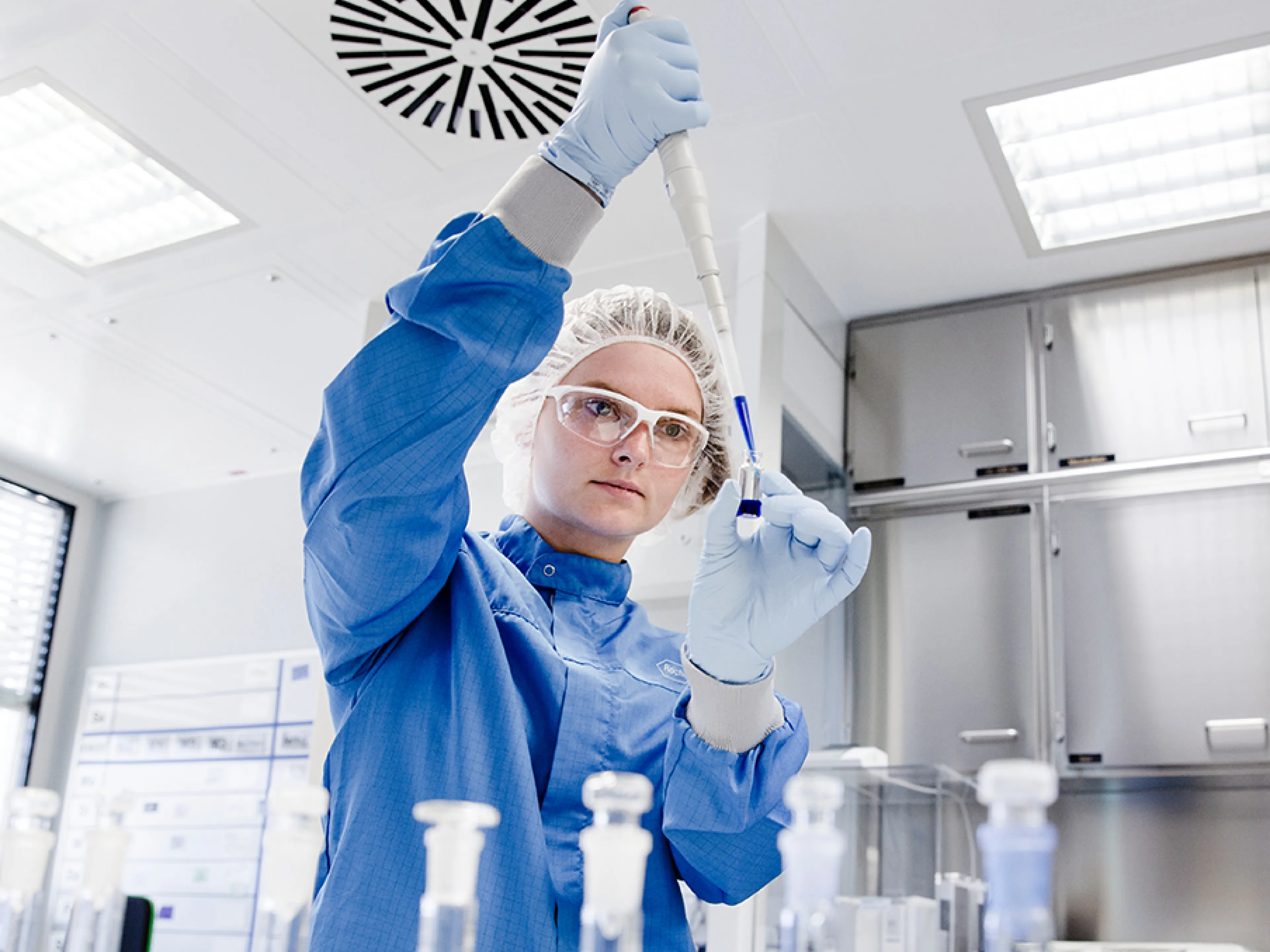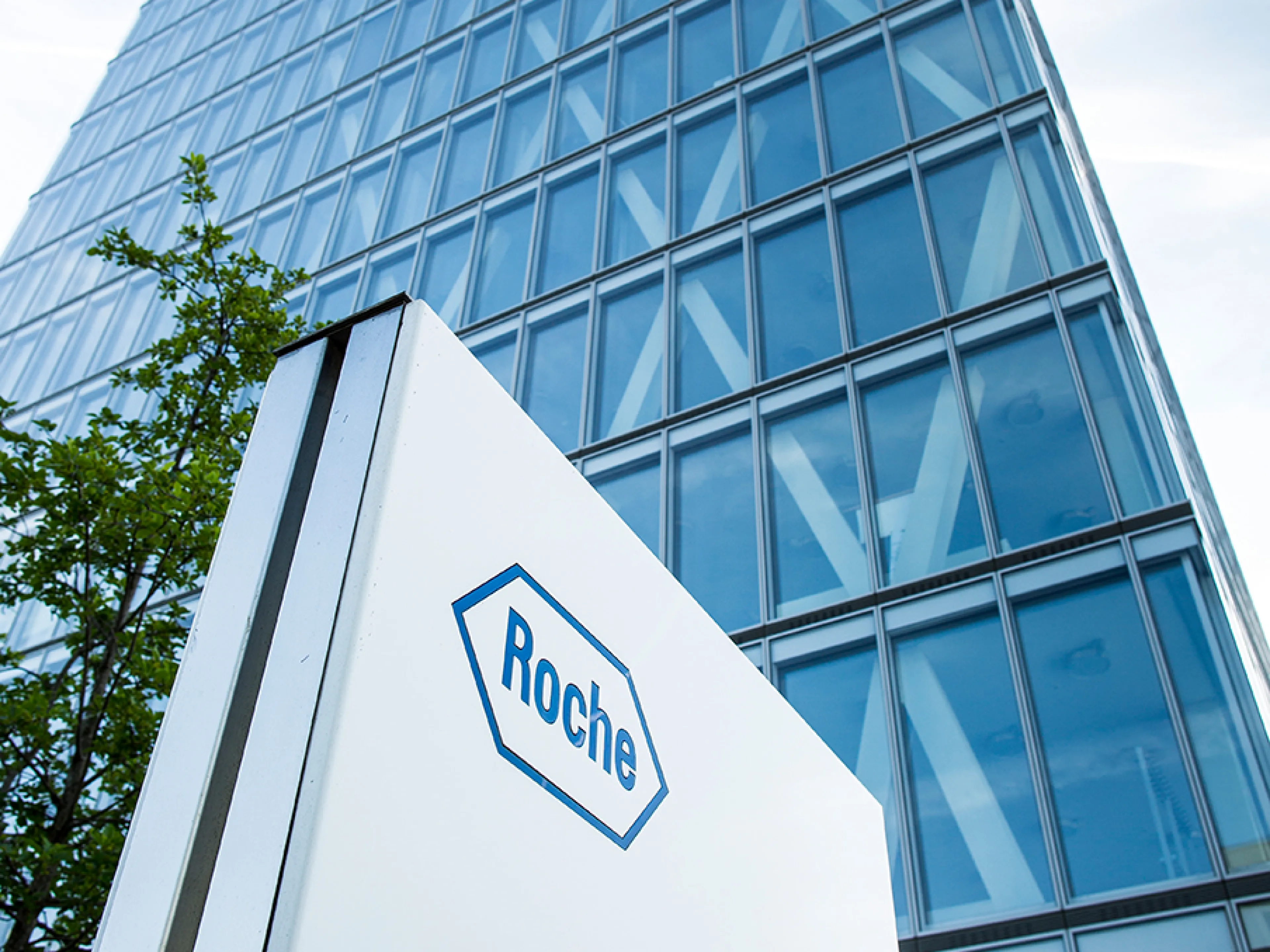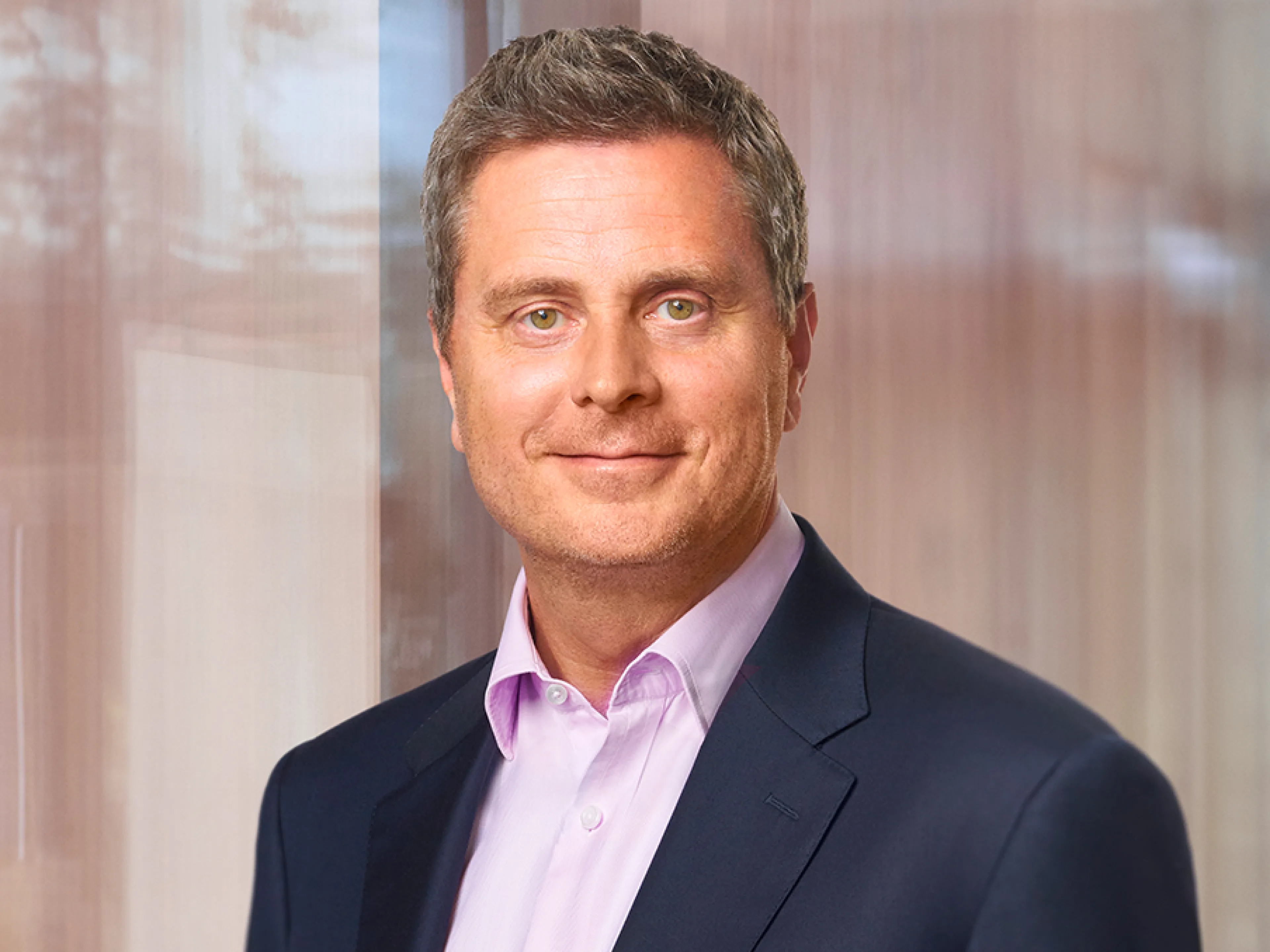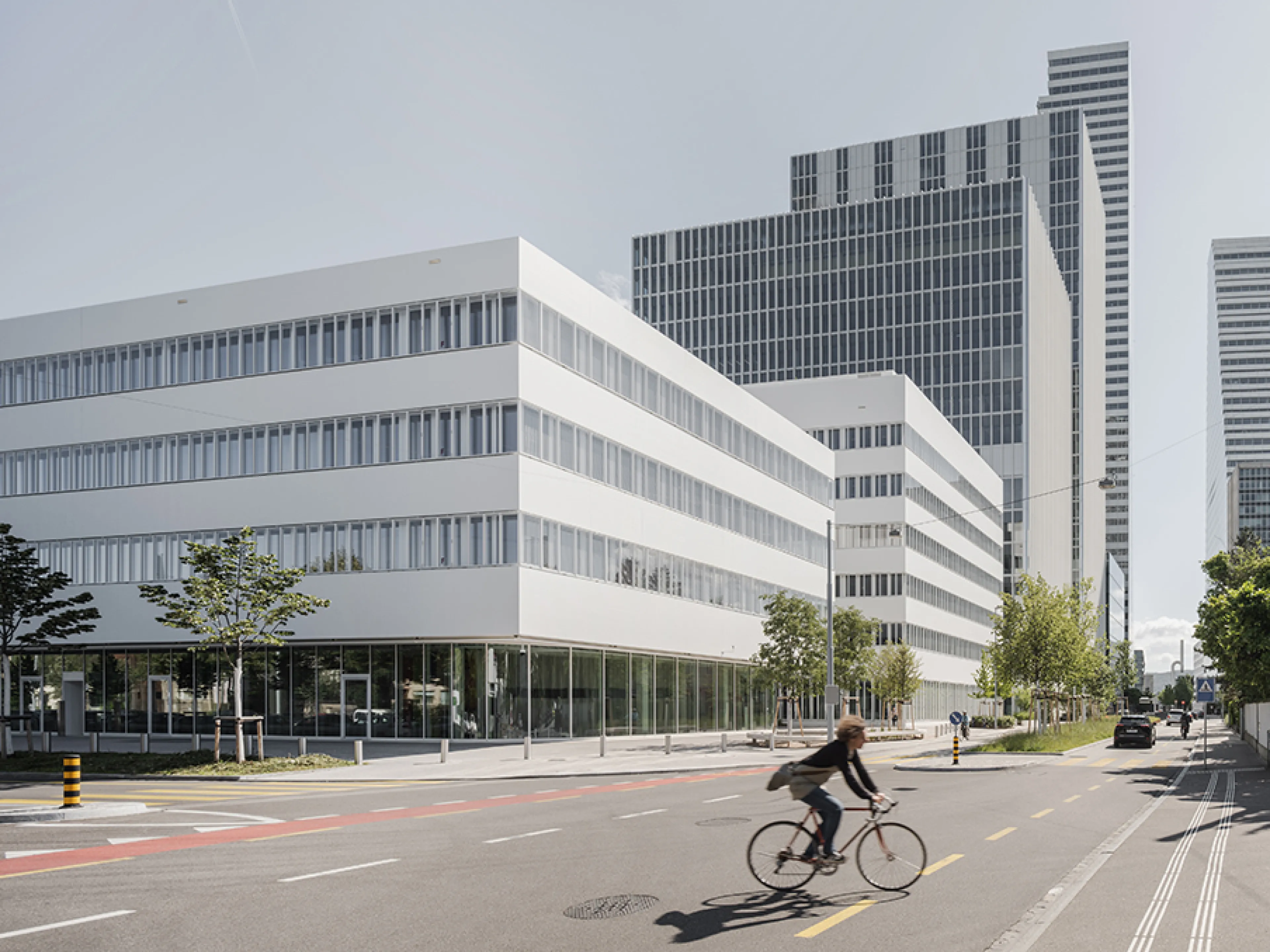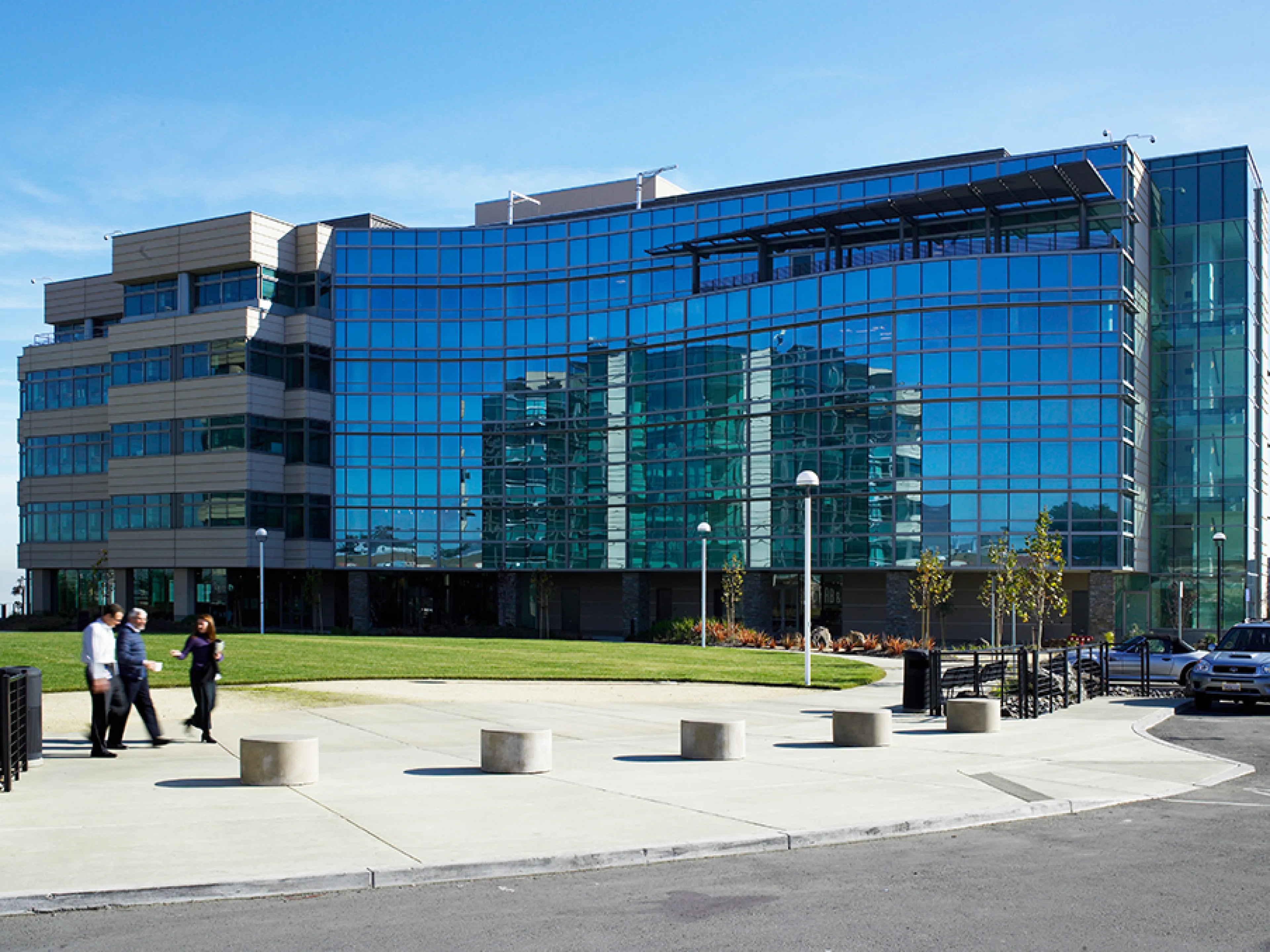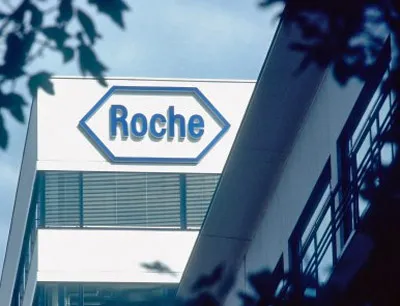
A strong Swiss franc as well as the decline in sales in the coronavirus business and strong competition from generic products have impacted Roche in 2023. In the past financial year, the pharmaceutical company recorded sales growth of one percent at constant exchange rates to CHF 58.7 billion. This increase in sales compensated for the expected decline in Covid-19 sales of over CHF 4 billion and the decline in sales of three cancer medicines of more than CHF 5 billion due to biosimilars. However, the significant appreciation of the Swiss franc against most currencies had an impact on the results. In nominal terms, the sales result represents a decline of seven percent.
Core operating profit fell by 13 percent to CHF 19.2 billion. A good sales performance and the return to a sales mix similar to the pre-Covid-19 era led to an improved gross margin. This was offset by continued investment in pharmaceutical research and development and the launch of new products. In addition, the income from a patent settlement in Japan recognized in 2022 influenced the growth rate in 2023. Net profit according to IFRS fell by nine percent to CHF 12.4 billion. In the previous year, Roche reported a profit of CHF 13.5 billion.
Roche CEO Thomas Schinecker: “We achieved good sales growth that more than offset the sharp drop in Covid-19 sales. Roche’s base business - excluding Covid-19 - continued its strong growth momentum with eight percent at constant exchange rates. As a result, we exceeded our guidance for 2023. At the same time, the significant appreciation of the Swiss franc versus most currencies strongly impacted results when reported in Swiss francs. We also made good progress in both our pharma and diagnostics product pipeline. [..] We look forward to bringing this medicine to patients as soon as possible. Our new partnerships and acquisitions address disease areas with high unmet needs, such as inflammatory bowel disease and cardiometabolic disease. We are well positioned for future growth.”
Results of Pharmaceuticals Division
Sales in the Pharmaceuticals Division fell nominally by two percent to CHF 44.6 billion. In the USA, sales grew only slightly by one percent. Sales in Europe increased by two percent, with Germany, France and the United Kingdom contributing the most to growth. In Japan, sales fell by 24 percent, mainly due to lower deliveries of a preparation for the treatment and prophylaxis of Covid-19 to the government. The International region, which includes China, Brazil and Canada, recorded a nominal decline of two percent. With 82 new active ingredients and a total of 146 projects, Roche has a promising pipeline with a wide variety of therapeutic approaches. Investments in pharmaceutical research and development increased by six percent to CHF 11.5 billion. Overall, the pharmaceutical company invested CHF 13.2 billion, five percent more than in the previous year. Oncology continues to be Roche's most important area of research, with cancer immunotherapy playing a significant role. Roche also invested heavily in neurology, ophthalmology and immunology.
Diagnostics business with one-fifth less sales
Overall, the Diagnostics Division posted sales of CHF 14.1 billion. This corresponds to a nominal decrease of 20 percent. This reflects the expected significant decline in demand for Covid-19 products. Due to the declining demand for Covid-19 tests, sales fell by 26 percent in the North America region, by 19 percent in EMEA and by 20 percent in Asia-Pacific.
Roche outlook for 2024
Roche expects Group sales to increase in the mid-single-digit range, albeit at constant exchange rates.
